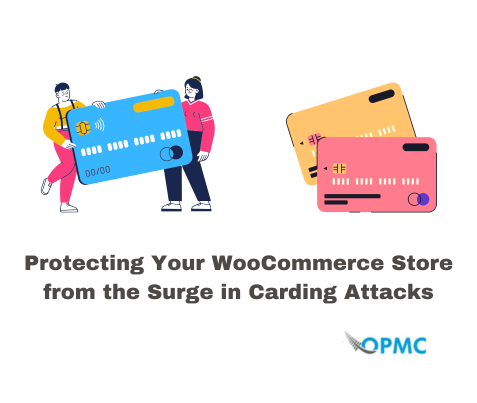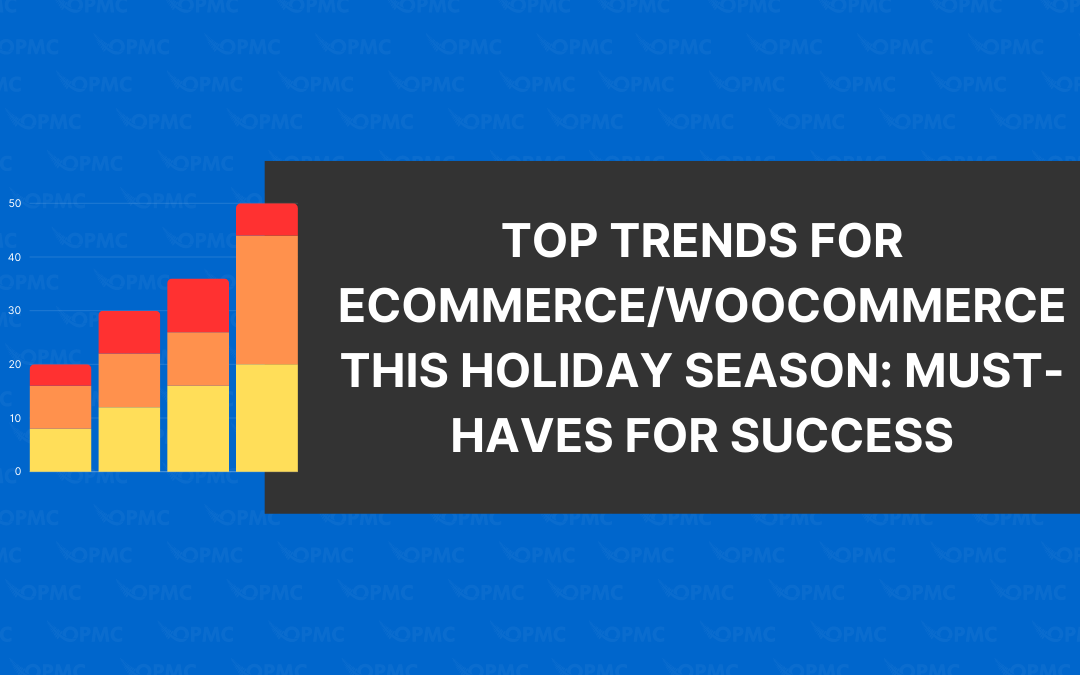Ecommerce fraud, much like any other type of cybercrime, has evolved. While there are still some old-school ways to scam online retailers, the bad guys have a lot more complex methods up their sleeves these days.
Sadly, most ecommerce companies don’t know what to watch out for and how to protect themselves from these threats.
In this article, you will learn about the most common types of e-commerce fraud and how you can avoid them in 2023 using our bespoke Anti-Fraud plugin for WooCommerce sites.
What is Ecommerce Fraud
Ecommerce fraud is any form of criminal activity conducted over the internet concerning financial transactions. It can be committed with or without a victim’s knowledge, and it often involves stealing money from an online merchant.
This can happen during any part of a transaction, including during checkout, payment processing, order fulfillment, or product returns. These types of fraud are often perpetrated by third parties which pose as customers but are fraudsters looking to steal money from ecommerce merchants.
It helps to think about this type of theft using the metaphor: “the best way to beat yourself up is to hang around with people who want you dead.” This means that if someone wants your business hurt badly enough, they’ll find ways to do it no matter how good you are at protecting yourself.
That’s why it’s important for ecommerce merchants to protect themselves against all types of fraudulent activity by setting up layers of security and best practices. That way, if one system fails, you have other defences to ensure you avoid these common frauds.
Top Frauds to Prepare for in 2023
1 – Friendly Fraud/Chargeback Fraud
The first type of fraud is friendly fraud or chargeback fraud. This occurs when the customer makes a purchase on your site, but then claims that it was unauthorized. Friendly fraud is most common in industries like travel and hospitality because there are no receipts to prove otherwise, and it’s difficult for companies to prove that you didn’t actually go through with booking the room/flight/trip they purchased from you.
The reason why this happens is that people don’t always follow through with their purchases after making them online. They may change their minds about going somewhere or even forget about it altogether and decide not to use your product or service.
A lot of these cases can be solved by simply asking customers if they still want their item before completing the transaction (and then honouring their wishes), but others will be more intentional in trying to scam businesses out of money by claiming falsely that they never authorized those charges in the first place, something is wrong with the item, or they are using stolen information.
2 – Card Testing
Card testing is a type of ecommerce fraud involving fraudsters using stolen credit card information to make small purchases to test if the card is still active. If the card is still valid, they may use it to make larger purchases.
The challenge here is that these smaller purchases may not show up as red flags on your security systems. That is why having an advanced plugin that can “learn” from previous transactions goes a long way to avoiding this type of common 2023 ecommerce fraud.
3 – Copying Your Online Store
Another common ecommerce fraud is when a fraudster copies your store and sells the same products with a different brand name. In this case, the customer may or may not receive the item, but your site suffers because they have had a bad experience with someone that looks exactly like your online store.
However, since you can’t do anything about it since you don’t have any legal rights over these copiers’ business ventures (because they’re not actually selling anything that’s yours), it’s simply better to avoid this kind of problem altogether by keeping tabs on similar websites in your niche market.
It pays to build up your social media presence here, so the “online buzz” about your store is that you are authentic compared to others.
4 – Package Interception Fraud
Package interception fraud is a form of ecommerce fraud where the customer receives an email or text message saying their package has been intercepted by customs. The sender will then ask the receiver to pay a fee to release the package, usually through gift cards or money transfers.
This can also occur when a card or account is stolen and then shipped to a different location or intercepted before arriving at your customer’s doorstep. This means the customer is still liable for the payment, or they request a chargeback, and you have to pay the difference and are out the goods that were shipped.
Verifying addresses and CCV numbers on credit cards go a long way to stopping this type of fraud.
5 – Customer Account Takeovers
Customer account takeover is where an attacker gains access to a customer’s account and makes fraudulent purchases.
This is one of the most common types of ecommerce fraud, as it can be executed very quickly and easily by stealing credentials or using other techniques like social engineering. In fact, many breaches that lead to customer account takeovers were preventable if only the website had implemented basic security measures.
Businesses of all sizes need to have strong password policies, so customers use different passwords on every site they visit and don’t reuse them from other accounts, such as email providers or social media platforms (especially when those platforms are hacked).
6 – Dropshipping: Fake or Counterfeit Goods
This fraud relates specifically to dropshipping online stores. While dropshipping is a common way for new and experienced online merchants to sell their goods and is relatively low risk, it does come with some caveats. Some scammers will try to sell counterfeit merchandise by disguising themselves as legitimate merchants or fulfillment providers.
If you are dropshipping from an untrustworthy source, make sure that the products you are selling are authentic. Otherwise, your customers will be left with a bad experience and possibly no resolution if something goes wrong with their purchase.
More Frauds are Coming with Web3 and the Metaverse
As you’re no doubt aware, the world of technology is ever-changing. In less than a decade, we’ve seen the rise of blockchain technology and Web3—the next-generation web platform that includes virtual reality (VR), augmented reality (AR), IoT, AI, and facial recognition technology.
With all these new technologies available to us, it seems like an ecommerce fraudster could use them to commit an online crime in ways we haven’t even thought of yet.
For example, fraudsters may use virtual currencies or non-fungible tokens (NFTs) to conduct illegal transactions, or they may create fake virtual reality (VR) experiences to trick consumers. Businesses need to stay up to date on these emerging technologies and the potential risks they pose to protect against new forms of ecommerce fraud.
How to Best Protect Your Online Store
You can take several steps to help protect your online store. A layered approach to fraud prevention is also recommended: multiple layers of security will help prevent ecommerce fraud from happening in the first place.
For example, setting up 2FA (two-factor authentication) will keep hackers out of your accounts even if they manage to get past other security measures, such as IP address blocking or geographical restrictions on shipping addresses in certain countries where criminals are known to operate.
An important tool to ensure you avoid ecommerce fraud is to integrate our Anti-Fraud plugin for WooCommerce stores. This uses a measurable numeric value to assign risk to every purchase made on your storefront. That way, you can learn from any potential dangers and ensure every purchase you receive is authenticated.
Stay Ahead of the Fraud
The good news is that e-commerce fraud is evolving, and it’s important to stay a step ahead of it. Fraudsters are getting smarter, but so are merchants like you.
Ecommerce fraud is not something to take lightly. It’s not just a matter of losing money, but also losing your reputation. When customers see that you’re experiencing a lot of fraud, they won’t trust you with their hard-earned money.
With this in mind, we hope this article has helped you better understand what ecommerce fraud looks like and how to protect yourself from it in 2023. If you want the simplest solution, visit our site and download our latest version of the WooCommerce Anti-Fraud plugin. That way, you have an easy-to-read dashboard to stay well-informed of any potential risky activity on your storefront.
Download WooCommerce Anti-Fraud today
WooCommerce Anti-Fraud assigns a score to orders as they are placed. The higher the score, the higher the risk of fraud.




